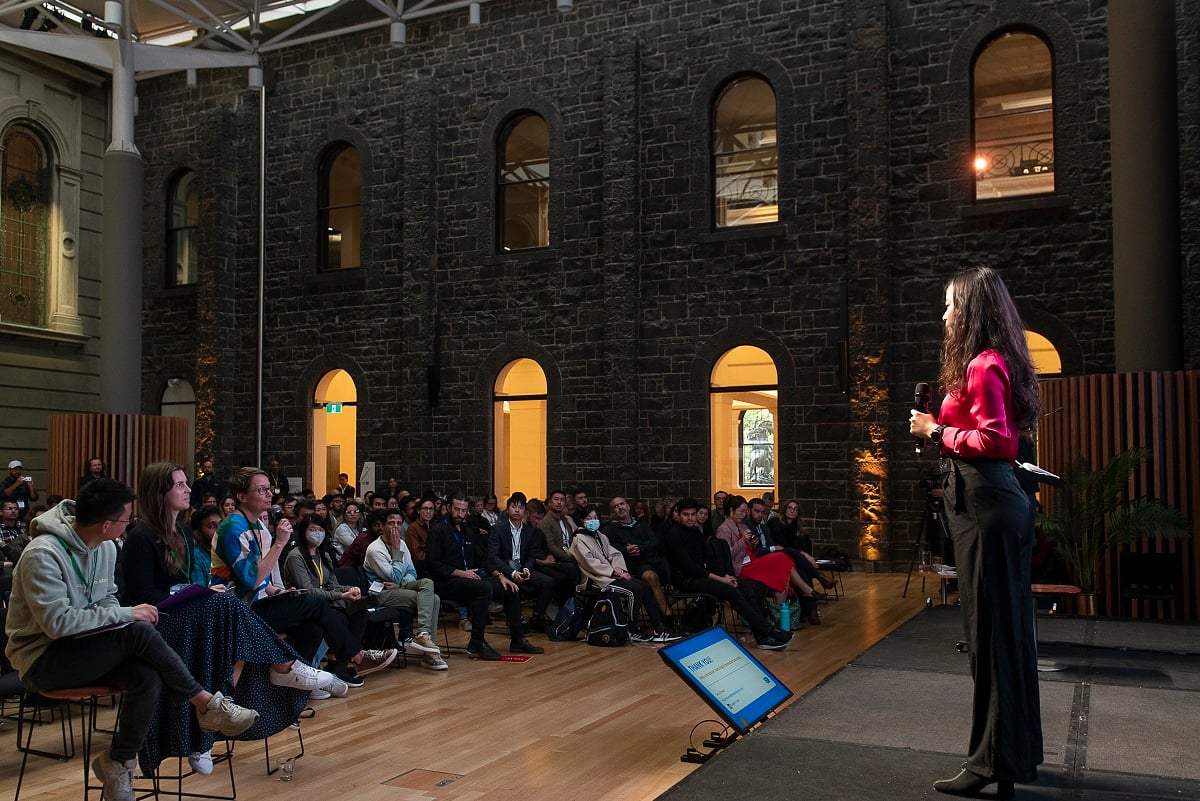Setting Up A Bank Account In Australia
Okay, you’ve sorted out your student visa, organised your OSHC, and even figured out which instant ramen hack works best for you. So what’s next?
Well since you’re going to be studying in Australia for a period of time, it’s best to get settled in and that means you will need a bank account for all your money-related needs.
So to help you out on that front, we’re going to give you the ins and outs on how to set up a bank account while you’re here in Australia.
Who are the big banks in Australia?
There several banks operating in Australia but there are 5 that are the largest and most commonly used:
- ANZ
- Commonwealth Bank
- HSBC
- NAB
- Westpac
There are several smaller banks if you want to go off the beaten path a bit, but the larger banks are usually the easiest option to keep your money secure and will generally give you pretty offers.
What student accounts are available?
Luckily for you, most banks in Australia have student accounts available. Let’s dig into each one and see how they compare.
- ANZ Student Access Advantage
- This comes with $0 account fees for those under 25 and students, making this a solid choice for anyone coming to Australia to study.
- You can request an ANZ Access Visa Debit card at no cost and the accessibility features on the card make it easier to use for those who are vision-impaired.
- No minimum account balance is required to open the account.
- To keep this account open, you will need to show a valid student card or ID to an ANZ representative at the start of each year.
- The downside to this account is the $5 fee and 3% foreign exchange fee you’ll have to pay if you use an ATM overseas.
- Commonwealth Bank Student Smart Access
- A very popular choice for many students, this account comes with no monthly fees, as well as unlimited free transactions from network ATMs, EFTPOS, counter deposits, phone and internet.
- Comes with a linked Debit Mastercard at no extra cost.
- You can open an account 14 days before you arrive in Australia which makes things nice and easy ahead of time.
- No minimum account balance is required to open an account but there is a $2000 a day ATM withdrawal limit.
- Like ANZ, the downside to this account is the $5 fee and 3% foreign exchange fee you’ll have to pay if you use an ATM overseas.
- HSBC Everyday Global Account
- The HSBC Everyday Global Account lets you hold up to 10 currencies in one place.
- You save with no monthly account fees, transaction fees, or HSBC ATM fees.
- Spend with your HSBC Everyday Global Visa Debit card, made available with this account, and manage your money with the HSBC Mobile App.
- And here’s a big win for students: if you deposit at least $2000 each month, you can get up to 2% cashback for eligible tap and pay transactions in Australia under $100 (max $50 cashback per month). So, you can spend and save.
- NAB Classic Banking Account
- A nice and simple account with no monthly fees, no overdrawn fees, and no ATM fees from NAB and rediATMS.
- Unlimited phone and internet transactions.
- Comes with a linked VISA debit card at no extra cost.
- Like ANZ and Commonwealth Bank, the downside to this account is the $5 fee and 3% foreign exchange fee you’ll have to pay if you use an ATM overseas.
- Westpac Choice Student
- A nice and simple account with no monthly fees (as long as you’re a full-time student or under 30). You will need to show a valid student card or ID to a Westpac representative at the start of each year to have the account fee waived though.
- Unlimited BPAY, phone, and internet transactions.
- Only $1 is required to open an account.
- Google Pay, PayID or Samsung Pay is available to use if you need digital payment options.
- Like every other bank, the downside to this account is the $5 fee and 3% foreign exchange fee you’ll have to pay if you use an ATM overseas.
So how do I open a bank account with an Australian bank?
Compared to most things in life, it’s actually really easy to open a bank account in Australia and shouldn’t take too long at all. Each bank has its own sign up methods and processes, but you can do almost everything online these days generally speaking and all you need is:
- Your passport
- Your visa details and number
- Email address
- Date of arrival in Australia and your city of residence
While you can open an account online months before you arrive in Australia, most banks will require you to book an in-person appointment at a local branch so they can verify your identity.
It’s best to do this as soon as possible or otherwise you won’t be able to access your new bank account.






